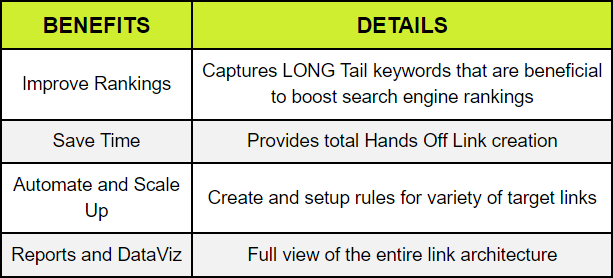For a first time home buyer, a mortgage broker is really a good option. The broker can provide better rates and financial options that meet your needs. Banks on the other hand are very limited with their product options and have pretty tight restrictions.
The general idea would if fist time buying home then find a broker or use the one that your Real estate guy recommends but do bargain every step of your way. Be ready to walk away.
Once its time for renewal or you think the mortgage rates have fallen considerably then talk banks and credit unions, call your lender and do the bargaining yourself. A mortgage broker ONLY makes money by selling you to another lender. They usually make you switch lenders or else they dont get paid.
Some other points to consider if you are wondering whether mortgage brokers are needed or not
- Loan Mortgage Brokers have access to rates from multiple lenders that a typical person like you and me will not get by just approaching a mortgage bank or lender.
- Actually it doesn’t hurt to use both approaches. A good buyer usually finds a mortgage broker and checks out what they can offer. Use this to bargain and compare it to what you can find on your own. It becomes easier to decide which way to go.
- Home buyers also find mortgage brokers are helpful in navigating the various parts of a mortgage other than rates (terms, amortization, penalties, pre-payment privileges). They are really patient and explain with various examples. This is their job. Mortgages are complex and very overwhelming every time you go for refinancing or doing it for the first time.
- Loan Brokers have a self interest in getting clients to sign up for longer term mortgages, this usually provide them a bigger commission. The trick is to find a good broker and hope he/she works solely in your interest, not theirs. But also understand that this is business and they make living out of this.
- Certainly for un-conventional situations go and find a good broker, this will save you lot of time.
- Many times, a loan mortgage broker can get you approved when rejected by banks and direct lenders. Mortgage brokers really try hard to get you better mortgage with the lower rate in certain situations.
- And finally it is always nice to have someone hold your hand through the entire lending and signing process.

